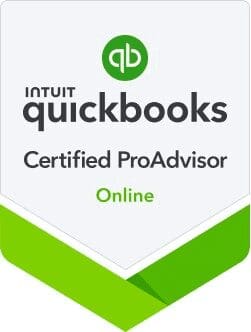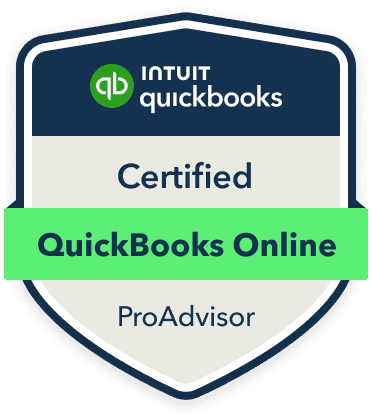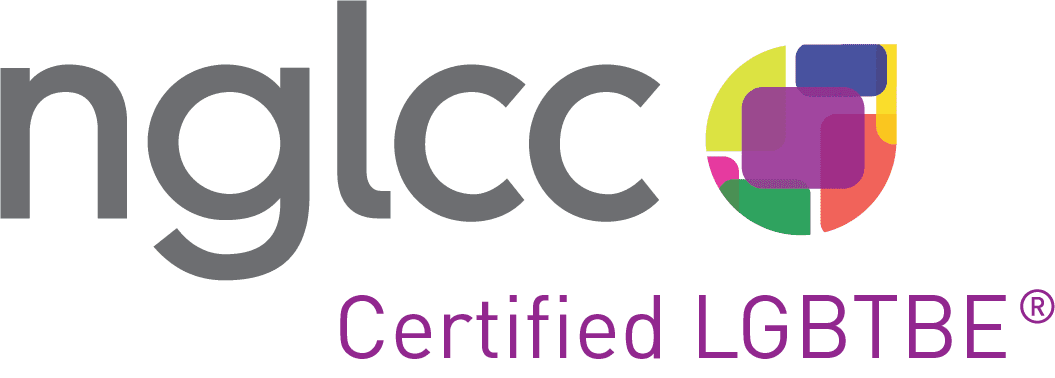Freelancing and self-employment offer flexibility and independence but also come with unique tax responsibilities. As a freelancer or self-employed professional in Reno, understanding tax considerations is crucial for optimizing your tax obligations and ensuring compliance with federal and state tax laws. This guide provides essential tax tips tailored for freelancers and self-employed individuals to help you manage your taxes effectively.

One of the first steps in tax preparation for freelancers and self-employed professionals is understanding the different tax forms you’ll need to file. Here are the primary forms you should be familiar with:
1099-NEC: This form reports non-employee compensation. If you earn $600 or more from a client, they will issue you a 1099-NEC. Keep track of these forms as they reflect your total income.
Form 1040: This is your main individual income tax return form. It summarizes your income, deductions, and tax credits.
Schedule C (Form 1040): This form is used to report income or loss from a business you operated or a profession you practiced as a sole proprietor.
Schedule SE (Form 1040): This form calculates your self-employment tax, which covers Social Security and Medicare taxes.
Understanding these forms is critical to accurately report your income and expenses, ensuring you don’t miss any important details.
As a freelancer or self-employed individual, you are responsible for paying your taxes quarterly. Unlike traditional employees, taxes aren’t automatically withheld from your payments. Here’s what you need to know about quarterly tax payments:
Significance: Quarterly payments help you manage your tax liability throughout the year, avoiding a large tax bill at the end of the year and potential penalties.
Calculation: Estimate your total tax liability for the year, including income tax and self-employment tax, then divide by four. Use Form 1040-ES to calculate and pay your estimated taxes.
Deadlines: Quarterly tax payments are due on April 15, June 15, September 15, and January 15 of the following year. Mark these dates on your calendar to avoid missing a payment.
Staying on top of your quarterly tax payments ensures you remain compliant and avoid unnecessary penalties.
Maximizing your deductions is key to reducing your taxable income and saving money. Here are some common deductions for freelancers and self-employed professionals:
Home Office Deduction: If you use part of your home exclusively for business, you may qualify for the home office deduction. Calculate the percentage of your home used for business to determine the deductible amount.
Travel Expenses: Business-related travel expenses, including airfare, lodging, and meals, can be deducted. Keep detailed records and receipts to support your claims.
Equipment and Supplies: Expenses for equipment, such as computers, software, and office supplies, are deductible. If the equipment is used for both personal and business purposes, only the business portion is deductible.
By understanding and claiming these deductions, you can significantly lower your tax liability.
Deciding on the right legal structure for your business can have important tax implications. Here are two common structures for freelancers and self-employed professionals:
Sole Proprietorship: This is the simplest structure, where you and your business are considered one entity. While easy to set up, it doesn’t provide liability protection, and your personal assets could be at risk.
Limited Liability Company (LLC): Forming an LLC provides liability protection, separating your personal and business assets. It also offers flexibility in how you are taxed, potentially allowing you to choose to be taxed as an S Corporation for tax savings.
Each structure has its benefits and drawbacks, so it’s important to choose the one that best suits your business needs and goals.
Choose the Right Software: Accounting software can significantly simplify your bookkeeping tasks. Selecting the right software tailored to your business needs can enhance efficiency and accuracy. At Rought & Accounting, we recommend QuickBooks Online for its comprehensive features and user-friendly interface. QuickBooks Online offers automated transaction recording, expense tracking, and financial reporting, making it an excellent choice for small businesses.
Utilize Automation Features: Take full advantage of the automation features offered by QuickBooks Online. Automated bank feeds, expense categorization, and recurring invoices can save you valuable time and reduce manual entry errors. By automating routine tasks, you can focus more on strategic financial planning and less on data entry.
Navigating the tax landscape as a freelancer or self-employed professional in Reno can be challenging, but understanding the basics can help you manage your taxes effectively. By familiarizing yourself with essential tax forms, staying on top of quarterly payments, maximizing deductions, and choosing the right legal structure, you can optimize your tax obligations and ensure compliance. For personalized advice tailored to your unique situation, contact Rought & Accounting. Our experienced specialists are here to help you make informed decisions and achieve financial success. Don't forget to subscribe to our newsletter for more financial insights and follow us on social media for real-time updates.



